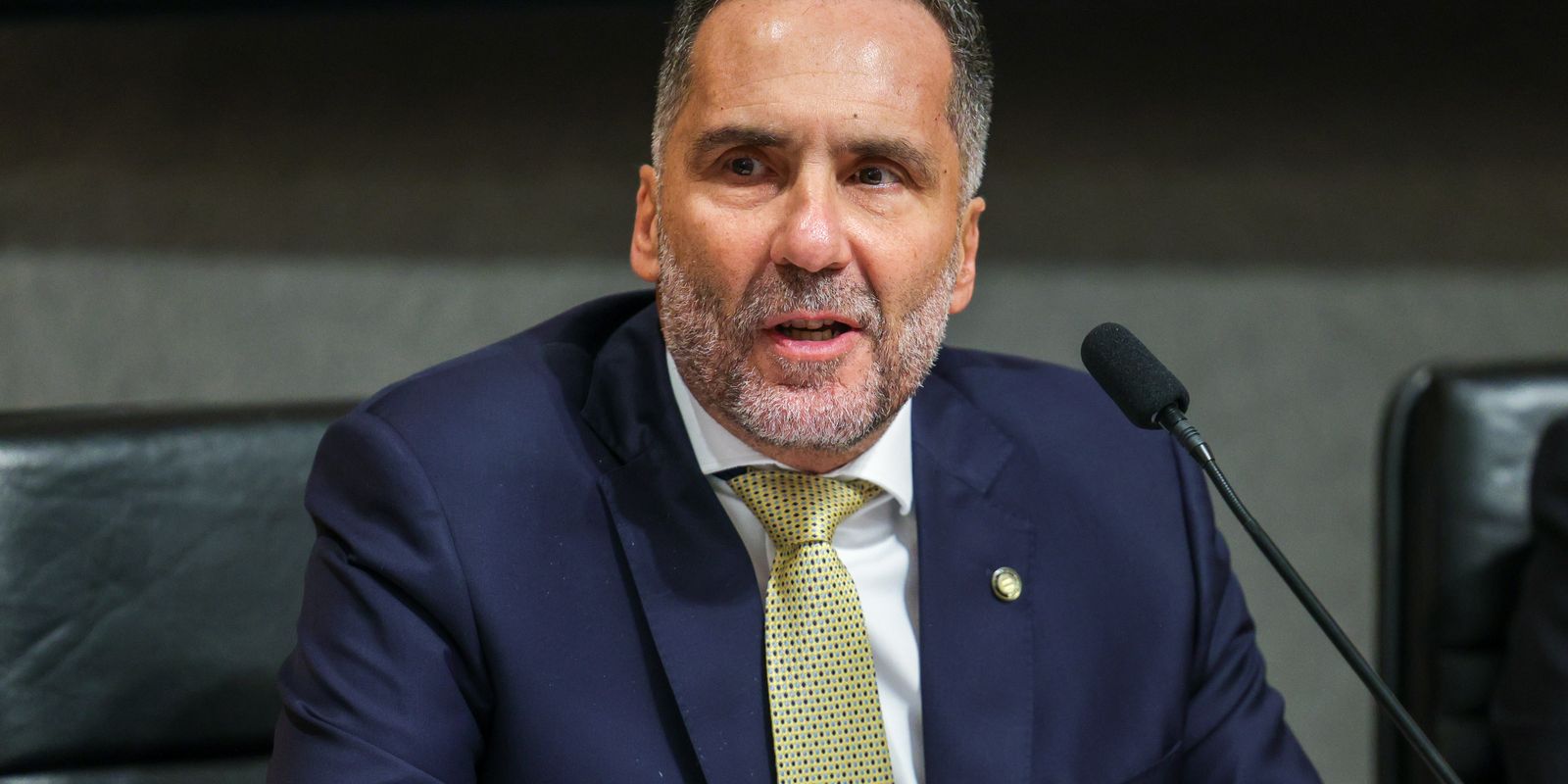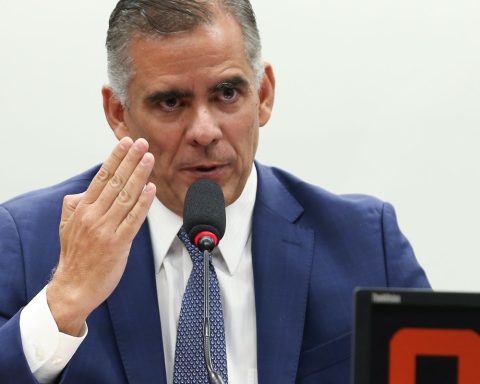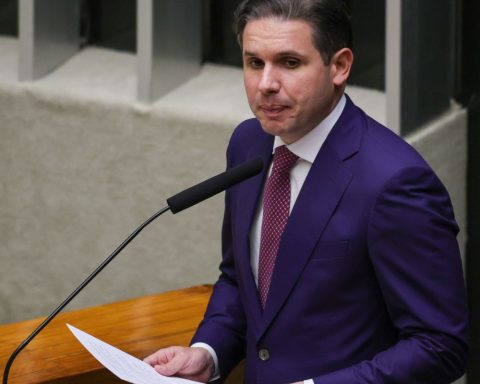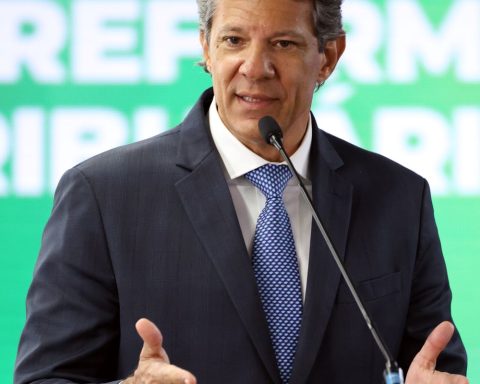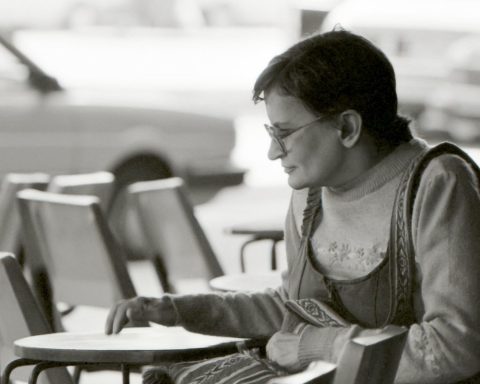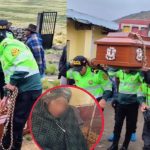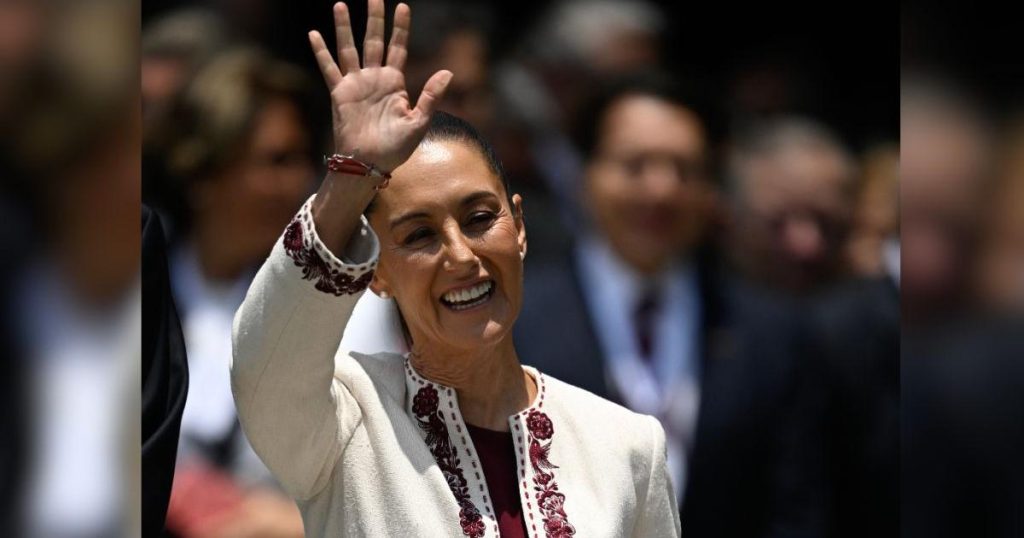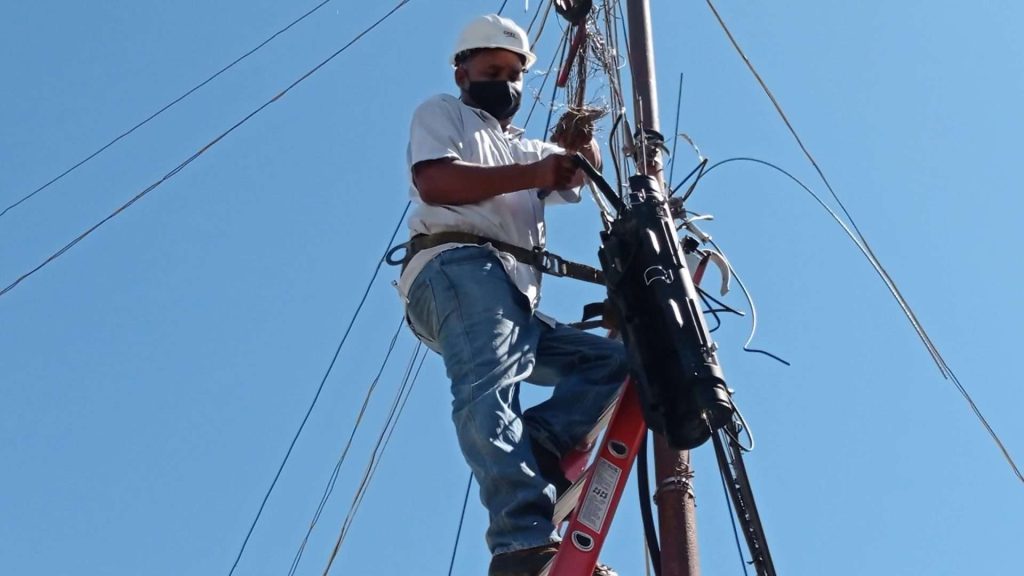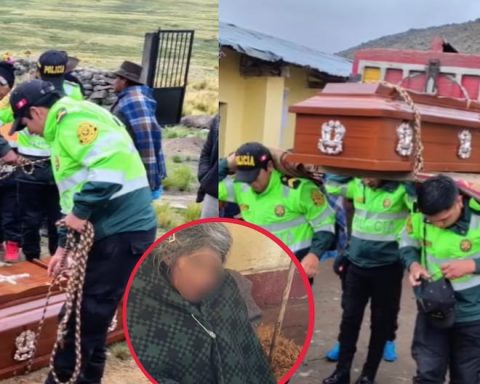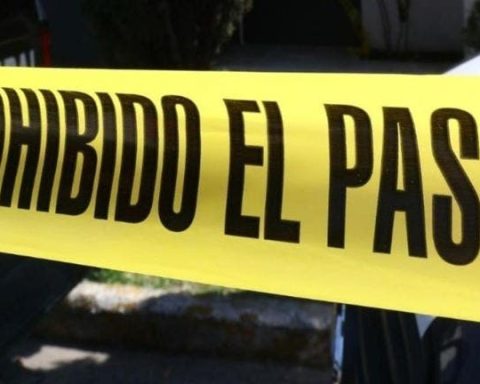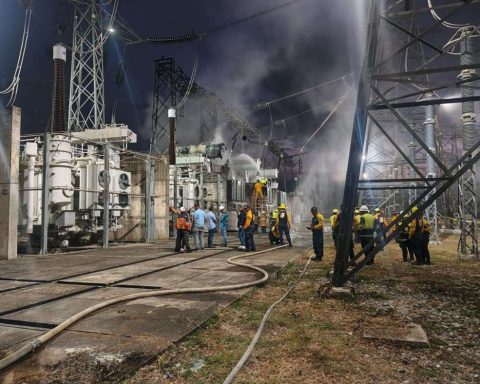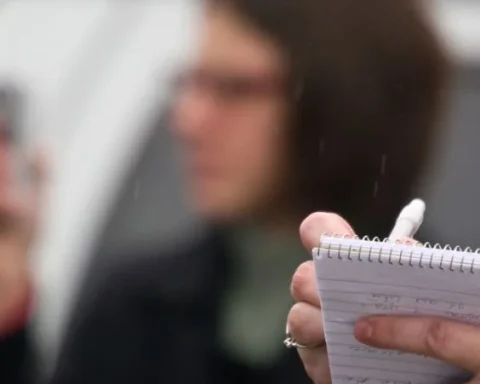The national secretary of Public Security, Mário Sarrubbo, stated that the decree that the federal government published last Tuesday (24) to regulate the use of force during police operations does not seek to make it more difficult to combat crime in Brazil.
“No one here is trying to inhibit police action. Quite the contrary. We want to provide complete security so that the police officer can make the correct use of force. And so that, if he needs to use a firearm, he is absolutely calm”, declared the secretary to Brazil Agencythis Thursday (26).
According to Sarrubbo, the Decree No. 12,341 is the result of a debate that included the participation of state representatives and security forces from across the country, as well as civil society organizations and public security experts, in addition to updating existing standards.
“What we did was update the 2010 ordinance, bringing it to the present day, according to another logic of crime, since today we face organized crime and, in many cities, [o uso de] rifles is a reality,” said Sarrubbo, referring to Interministerial Ordinance No. 4,226, of 2010, which establishes parameters for the use of force by public security agents.
According to the secretary, the objective of the decree is to prioritize the staggered use of force. “In this escalation of force, the lethal weapon must be the last option. It should be reserved for strictly necessary situations. Now, of course we don’t want the police officer to take any risks. We know that he is often greeted with rifle shots”, added the secretary.
He remembers that there are situations in which police officers will need to use a firearm, but he will also have to carry a non-lethal weapon, to act when approaching, for example, someone in an outbreak or an unarmed person who tries to attack him.
In addition to prohibiting the use of firearms against unarmed people, the presidential decree reinforces that the level of force used by public security agents must be compatible with the seriousness of the situation and that public security bodies and professionals must assume responsibility for the possible inappropriate use of force.
According to Sarrubbo, most of the country’s police forces already operate in this way, respecting similar operational procedures. A new feature, however, is the obligation for police officers to receive annual training on the use of non-lethal instruments.
“The police officer is not obliged to take a beating, but he can and should use a non-lethal weapon, detaining the criminal with minimal physical consequences”, argued Sarrubbo.
The Ministry of Justice and Public Security must detail the procedures provided for in the decree through a ministerial order to be published within 90 days, but, according to Sarrubbo, the expectation is that this will occur in the first weeks of January.
Governors
The national secretary also countered criticism from governors who accuse the federal government of interfering in the autonomy of states, whose rulers are responsible for the actions of the civil and military police.
This Wednesday (25), the governor of Rio de Janeiro, Cláudio Castro, announced that it will file a lawsuit in the Federal Supreme Court (STF) against the decree. For Castro, limiting on-duty police officers from using their weapons reveals a total lack of knowledge of the reality faced by states.
The governor of the Federal District, Ibaneis Rocha, also considers that the rule is an interference by the federal government in the autonomy of the states and the DF, and violates the Constitution.
According to Sarrubbo, states that do not want to adopt the ordinance will not be able to use resources from the National Public Security Fund.
“No one is forcing states to follow these rules, but the state that wants to use funds from the National Public Security Fund to, for example, buy weapons, will have to adapt,” said the secretary, highlighting that the government is acting in in perfect accordance with the law of the Unified Public Security System (Susp).
The secretary recalled recent episodes of excessive use of force by the police, such as the case of medical student who was in a psychotic episode, unarmed, and was shot by a military police officer and young man who was shot by the Federal Highway Police when he was on his way to celebrate Christmas with his family.
He also cited the most recent case, which occurred in the early hours of this Wednesday (25), in São Paulo, where a military police fired at close range against a 24-year-old boy while clearing a street. According to the state Department of Public Security, the agent stated that he fired when the young man tried to grab another soldier’s gun.
